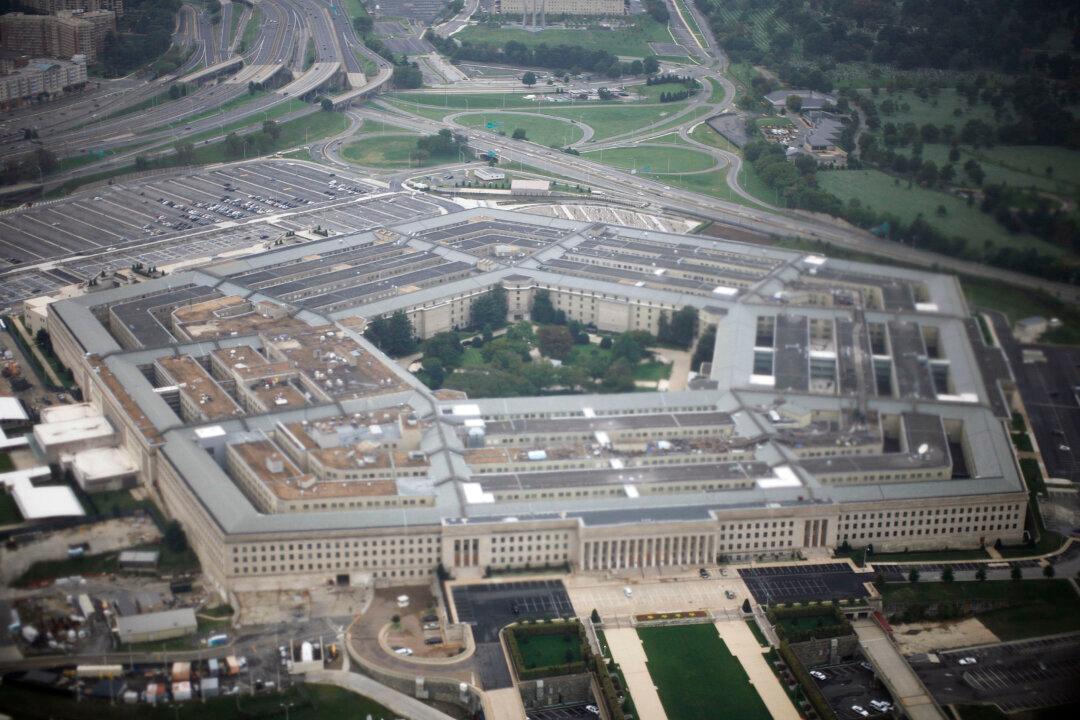The Pentagon will give 5 million respirator masks and up to 2,000 ventilators to the Department of Health and Human Services (HHS) from the military’s strategic reserve in response to the coronavirus pandemic, Defense Secretary Mark Esper said on March 17.
Esper told reporters from the Pentagon press briefing room Tuesday that 1 million respirator masks would be made available immediately, but added that the ventilators are designed for use by deployed troops and the military will need to train civilians on how to use them properly. Others may have “single-use” limitations, the Defense Secretary added.




